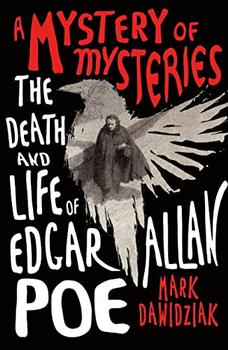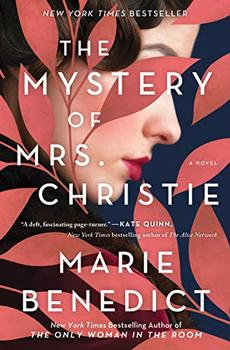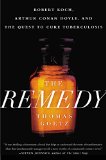Summary | Excerpt | Reviews | Beyond the book | Read-Alikes | Genres & Themes | Author Bio

The Death and Life of Edgar Allan Poe
by Mark DawidziakA Mystery of Mysteries is a brilliant biography of Edgar Allan Poe that examines the renowned author's life through the prism of his mysterious death and its many possible causes.
It is a moment shrouded in horror and mystery. Edgar Allan Poe died on October 7, 1849, at just forty, in a painful, utterly bizarre manner that would not have been out of place in one of his own tales of terror. What was the cause of his untimely death, and what happened to him during the three missing days before he was found, delirious and "in great distress" on the streets of Baltimore, wearing ill-fitting clothes that were not his own?
Mystery and horror. Poe, who remains one of the most iconic of American writers, died under haunting circumstances that reflect the two literary genres he took to new heights. Over the years, there has been a staggering amount of speculation about the cause of death, from rabies and syphilis to suicide, alcoholism, and even murder. But many of these theories are formed on the basis of the caricature we have come to associate with Poe: the gloomy-eyed grandfather of Goth, hunched over a writing desk with a raven perched on one shoulder, drunkenly scribbling his chilling masterpieces. By debunking the myths of how he lived, we come closer to understanding the real Poe―and uncovering the truth behind his mysterious death, as a new theory emerges that could prove the cause of Poe's death was haunting him all his life.
In a compelling dual-timeline narrative alternating between Poe's increasingly desperate last months and his brief but impactful life, Mark Dawidziak sheds new light on the enigmatic master of macabre.
The concept of "known-unknowns" is thematic to this biography as well as to Poe's macabre works. As human beings, we are aware of our limits, know that we will eventually decline and die, but we don't know how it will go down, we might never. Though Dawidziak arranges Poe's life into a gripping story, he emphasizes objectivity and research. At the very beginning, he disabuses the reader of the notion that any serious biographer knows how Poe died with complete certainty. A supposed quest for his cause of death is valuable only insofar as it turns the reader's attention to the underappreciated "knowns" of his life, many of which inspire even more unanswerable questions...continued
Full Review
(1090 words)
This review is available to non-members for a limited time. For full access,
become a member today.
(Reviewed by Jacob Lenz-Avila).
 By 1838, Edgar Allan Poe had earned a reputation as a sharp literary critic and skillful editor while based in Richmond, Virginia. To make the most of his talents, he had to move to a bigger and better arena. Boston was the center of book publishing, and New York led the nation in daily journalism and newspapers. But the magazine trade and American Gothic fiction, Poe's niches, flourished in Philadelphia, which was at that time, in the words of The Library Company of Philadelphia, "perhaps the most enlightened, genteel, urbane, and humane of American cities." In Mark Dawidziak's Poe biography A Mystery of Mysteries, scholar Edward G. Pettit of Philadelphia's Rosenbach Museum notes, "During the first half of the nineteenth century, more ...
By 1838, Edgar Allan Poe had earned a reputation as a sharp literary critic and skillful editor while based in Richmond, Virginia. To make the most of his talents, he had to move to a bigger and better arena. Boston was the center of book publishing, and New York led the nation in daily journalism and newspapers. But the magazine trade and American Gothic fiction, Poe's niches, flourished in Philadelphia, which was at that time, in the words of The Library Company of Philadelphia, "perhaps the most enlightened, genteel, urbane, and humane of American cities." In Mark Dawidziak's Poe biography A Mystery of Mysteries, scholar Edward G. Pettit of Philadelphia's Rosenbach Museum notes, "During the first half of the nineteenth century, more ...
This "beyond the book" feature is available to non-members for a limited time. Join today for full access.

If you liked A Mystery of Mysteries, try these:

by Marie Benedict
Published 2021
A master storyteller whose clever mind may never be matched, Agatha Christie's untold history offers perhaps her greatest mystery of all.

by Thomas Goetz
Published 2015
The riveting history of tuberculosis, the world's most lethal disease, the two men whose lives it tragically intertwined, and the birth of medical science.
If there is anything more dangerous to the life of the mind than having no independent commitment to ideas...
Click Here to find out who said this, as well as discovering other famous literary quotes!